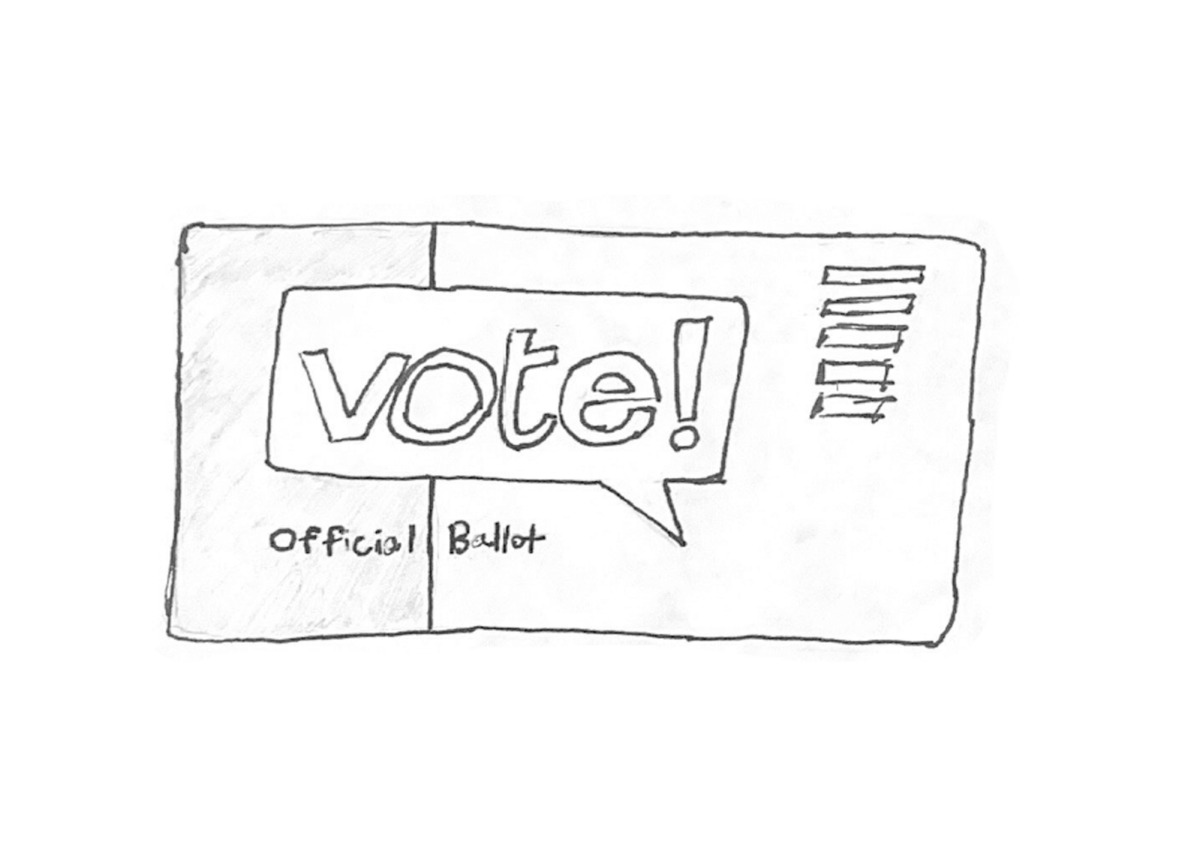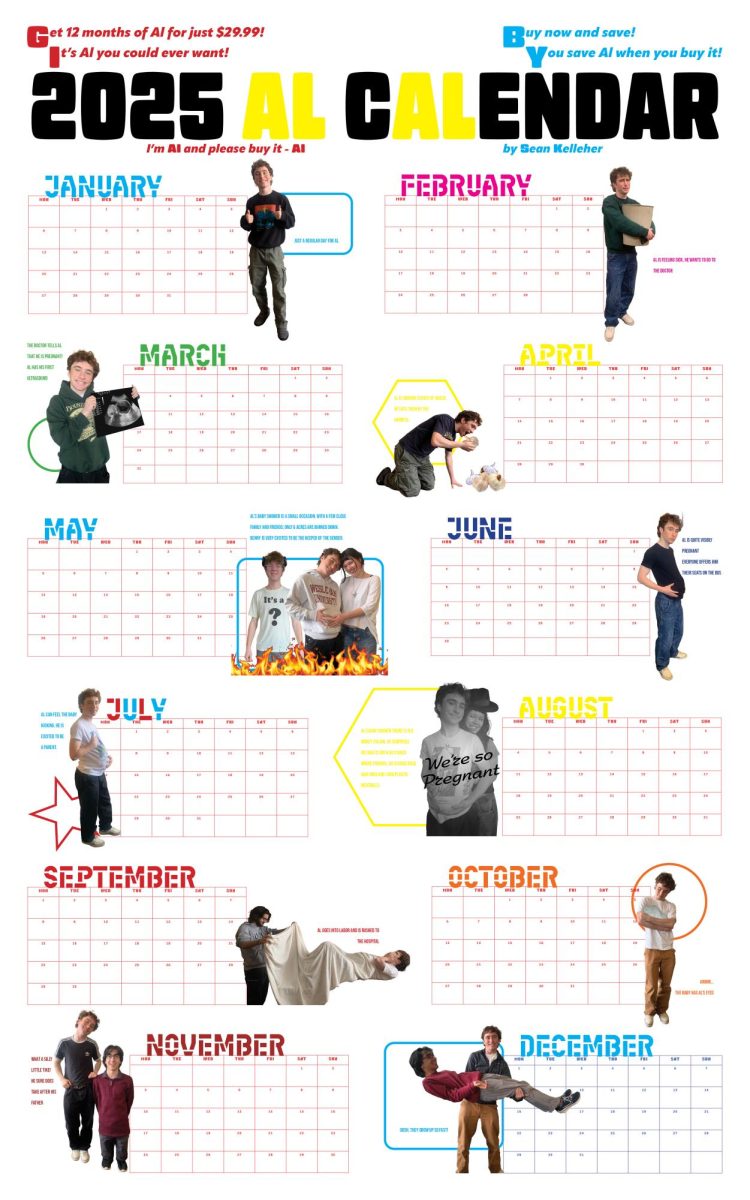The Summer of 2024
Millions of Americans tuned in on the evening of June 27, 2024, to watch the presidential debate between then-nominee Joe Biden and Donald Trump. By the end of the night, though viewers were split on whether Trump had ‘won,’ the debate, there was an overwhelming agreement that Biden had lost. Biden’s debate performance elevated concerns across the political aisle about his mental acuity and physical health in a second Presidential term. Public opinion, internal deliberation, and a diagnosis of COVID-19 caused President Biden to withdraw from the Presidential race on July 21. Kamala Harris, Biden’s then running-mate, succeeded him as the presidential candidate for the Democratic party. With near-unanimous democratic support, Harris brought a new wave of popular support to the party.
Meanwhile, Donald Trump’s campaign managed to hold firmly onto its positions over the summer. A federal grand jury indictment alleged that Trump conspired to obstruct and overturn the results of the 2020 election. On July 1, in a 6-3 ruling the Supreme Court ruled that Donald Trump had criminal immunity from prosecution over actions within his constitutional power during his term as President.
But Who Even Is Kamala Harris?
Kamala Harris was born in Oakland, California to Donald Harris, a Jamaican-American economics professor at Stanford University, and Shyamala Gopalan, an accomplished biomedical scientist. If elected, she would be the first female president, first Asian-American president, and second Black-American president of the United States. Her law background at UC San Francisco, paved the way for her role as the attorney general of California. Her time in office is noted for her expansion of consumer protection, and though she advanced criminal reform, she’s been heavily criticized for her record of wrongful convictions and support of prison labor. After her tenure as attorney general Harris served as a California senator for one term before becoming Vice President.
Kamala On The Campaign Trail –
On the campaign trail, Harris’s policy points remained largely the same as Biden’s. She is a liberal democrat – to the left of Biden but not as liberal as 2016 presidential candidate Bernie Sanders. Harris is committed to restoring the overturned Roe v. Wade – a Supreme Court ruling that protected abortion nationally, combating climate change, and dedicating support to Ukraine and Israel. However, Harris splinters from Biden on a variety of issues:
- In her presidential campaign for the 2020 Democratic primary, Harris proposed a 10 trillion dollar climate plan, which dwarves Biden’s announced 1.6 trillion dollar climate initiative. As a senator, she also co-sponsored a resolution on the Green New Deal alongside other progressive Democrats.
- Harris is reportedly more sympathetic to the humanitarian state of Gaza and Palestine behind closed doors. She upset Benjamin Netanyahu, the prime minister of Israel, when she remarked that a ceasefire and successful hostage deal would be the end of the current war, something that conflicts with Netanyahu’s goal of eliminating Hamas entirely.
Harris’s commitment to these positions is not firm, however. Another point of her 2020 campaign was to ban the practice of fracking, something she reversed her opinion on in an August interview. Though she was one of the earliest proponents of a temporary ceasefire and behind closed doors may be more suspicious of Benjamin Netanyahu, she hasn’t proposed any policy that would genuinely stray from Biden’s current administration.
Back To Back, Trump’s Campaign Plan
Though Trump’s issues have remained largely the same as his 2020 campaign, its rhetoric is upheld by two key points: immigration and inflation. As a whole, he remains committed to right-wing and far-right policies, but not all of them are popular. The decision that overturned Roe v. Wade, Dobbs v. Jackson, was supported by hundreds of Republican lawmakers, but polling shows that over half of Americans are supportive of abortion, including a significant number of conservatives. Preceding the Republican National Convention, social media began to ring the alarm on ‘Project 2025.’ Project 2025, is a political mandate published by The Heritage Foundation, a far-right think tank. The project calls for a range of policies to be executed such as abolishing the Department of Education, a rollback on abortion and contraceptive access, and the partisan takeover of multiple state departments like the FBI and Department of Justice. Though the Trump campaign has officially distanced itself from the project, numerous staff from Trump’s administration have worked on the plan. Whether or not Trump truly endorses Project 2025, the violent and autocratic rhetoric it endorses isn’t a stranger to the Trump campaign.
While Trump has remained firm on his hardline anti-immigrant stance, he has rhetorically backslid on the issue. He threatened to deport pro-Palestine protestors on college campuses and has proposed a plan to deport up to 20 million immigrants. He continues to characterize immigrants as invaders and falsely asserts that many of them come from “mental institutions” and “insane asylums.” Most notably, Trump pushed a fake narrative that Haitian immigrants in Springfield, Ohio, were stealing pets from their neighbors and eating them. Though there is no physical evidence of the abduction or consumption of dogs, cats, or geese by Haitian immigrants, Trump’s comments incited a racist barrage of hate. Since that debate, the city of Springfield has received over 30 bomb threats varying from city hall to schools, and out-of-city Neo-Nazi groups have marched and demonstrated in the city.
On other policy issues, although economic experts have posited that the United States is at a record low for inflation, many Americans believe otherwise. To many voters, the economy is their most important issue when it comes to the ballot. In polls, Trump has consistently edged out both Biden and Harris in who Americans trust more to handle the economy and inflation.
In addition to threatening to deport pro-Palestinian protestors, Trump has also threatened to extend his travel ban to Gazans attempting to enter the United States. Remaining a staunch supporter of Israel, he claims that the October 7th attack would have never happened if he was President and stated in a summit that Jewish people who support Harris should “have their head examined.”
The policy and rhetoric of both candidates have galvanized many voting bases in multiple directions.
Unions –
As a whole, unions exist to advocate the better conditions and benefits of workers, and the policies of the federal government often impact said conditions. Amid both the Boeing and dockworker strike and the potential economic buckling it’ll put the country through, it’s of mutual interest for politicians and unions to support each other. However, who supports it isn’t set in stone.
Kamala Harris has been officially endorsed by dozens of unions and union leaders such as the American Federation of Labor and Congress of Industrial Organizations (AFL-CIO), the largest union federation in the U.S. in addition to the National Education Association, the United Auto Workers, and United Steelworkers among many other national and local unions across many fields.
On the other hand, despite his populist appeals little unions have endorsed Trump. Trump has received only four official union endorsements, all of them being police unions. Despite his poor appeal to union leadership, he wields a significant lead ahead of Harris among blue-collar voters.
One of the largest unions, the International Brotherhood of Teamsters, has refused to endorse either Harris or Trump. Despite their official neutrality, Teamsters president Sean O’Brien made an appearance at the RNC and though he didn’t explicitly endorse Trump, he did praise him.
Uncommitted Voters & Third-Party Splitting –
Every presidential election offers a slate of third-party candidates, old and new, and 2024 is no exception.
Chase Oliver, the presidential candidate for the Libertarian party runs on a pro-choice, pro-gun, and pro-police reform agenda. He was the first openly gay senate candidate to run in Georgia.
A notable independent, Robert F. Kennedy Jr is the son of Robert F. Kennedy and nephew of John F. Kennedy. RFK Jr. holds a wide array of conservative, libertarian, and liberal beliefs but is most noted for his conspiracies and spread of anti-COVID vaccine misinformation. After dropping out and endorsing Trump, Kennedy Jr. removed his name from the ballot for most states except mostly Democrat and swing states.
Jill Stein is once again running as the perennial candidate for the Green Party. She is again running on a progressive platform, but her campaign has found a unique advantage by building inroads with progressive Democrats who are dissatisfied with Harris and Biden’s support for Israel.
For the progressives, who aren’t leaving the Democrats for the Green party, many identify as ‘uncommitted.’ Though an ‘uncommitted’ voter includes a wide range of people, it has consolidated into a greater national movement composed of people discontent with the continued support of Israel given by Biden and Harris. Though they may personally agree with Harris on most positions they withhold their vote as a protest until Biden does or Harris commits to a permanent ceasefire and Israeli arms embargo. Many, but not most, uncommitted voters are Arab-Americans, particularly in the state of Michigan. They’ve been criticized for ‘throwing away their vote’ and giving Donald Trump a better chance in key swing states.
But What Are Swing States?
As the election process progresses, people tuned in will hear two words more than any other: swing states. Six political battlegrounds whose votes in the electoral college decide the fate of the election. Georgia, Nevada, Wisconsin, Michigan, Arizona, and Pennsylvania. These states have diverse populations of voters, with large numbers of both Republicans and Democrats. With this comes the tendency to “swing” from one side of the political aisle to the next. These are the states where the candidates’ efforts will primarily be focused. In Washington, a state that has always voted Democratic in recent years, campaigning efforts are watered-down. The real money spent on presidential campaigns is in battleground states like Georgia. Joe Biden won the state in the 2020 election, and it was the first time since 1992 that a democratic candidate had done so. A keystone of Harris’ 2024 campaign is repeating this feat. Her campaign has been in Georgia for months; running ads, making speeches, mobilizing volunteers, and doing anything possible to persuade Georgia voters. The Harris campaign has employed similar localized strategies in other swing states.

Impending Voter Fraud –
January 6 is a date that most remember. After the 2020 presidential election was decided in the eyes of electors and the majority of the public, Donald Trump decided that it was not. He spoke publicly of a ‘rigged election,’ alleging voter fraud and voting machine failures. While none of his claims have proved true, they caused widespread upheaval and unrest across the country and led to an insurrection in the capitol. This raises major questions about the current election. Some predict that if Harris wins the election nothing will stop Trump from pulling an identical stunt.
Student Perspectives –
To look into how the Garfield community is feeling about the election The Messenger interviewed three students.
“I think it’s cool that a woman is running and there’s more diversity between the two candidates,” senior Kenji Lorenz pointed out. Although Lorenz won’t be of voting age in November, he said that he would feel more motivated to vote now that it’s no longer “just two old white guys.” Lorenz added that Kamala Harris will be able to appeal to younger generations and be a better communicator to voters than Biden was. “There were times I would listen to some of [Biden’s] speeches and they were incohesive,” Lorenz said. This sentiment was shared by junior Eli Riggio who said Harris “is easier to understand and more relatable for a lot of people.”
Outreaching to younger generations, including Gen Z is an important task in order to win the presidency. “Other than my mom talking to me about it, the only place I learned about the debate was on TikTok,” senior Rebecca Assefa said. Assefa said that in order to appeal to younger voters candidates should meet them where they’re at, and there’s no better place than TikTok. “I think it’s the best place to break through to people our age,” Assefa said. Assefa shared that she feels more excited about the race now that there’s a woman of color who could become the next president. “I need to register to vote actually,” Asseffa said, who turns 18 in October, “I feel like this election will have an impact.”
The current hostile political environment has been around for nearly ten years since Donald Trump first entered the political sphere in 2015. “I have some relatives who can’t even speak to each other because of differences in who they’re voting for,” Riggio said. He hopes that if Harris wins the election the divisiveness of politics could settle and politics could become “less of a big deal.”
Kenji Lorenz shared that he doesn’t “think the country should be led by someone who can’t even follow the rules himself.” He mentioned Trump’s many court cases and indictments that should have disqualified him as someone who can hold office again.
For Lorenz, the things he wants to see in a new leader is “putting more effort into helping low income families and people struggling with homelessness.” Additionally he mentioned how gun control is another priority saying “something as simple as making a gun not as easy to get your hands on in this country” would be a step in the right direction.
“Once you start paying attention, you see how much of an impact politics has on everyone,” Assefa said. Every vote in an election can have an impact and Lorenz added “you can’t get what you want without contributing, a democracy requires input from the people.”







